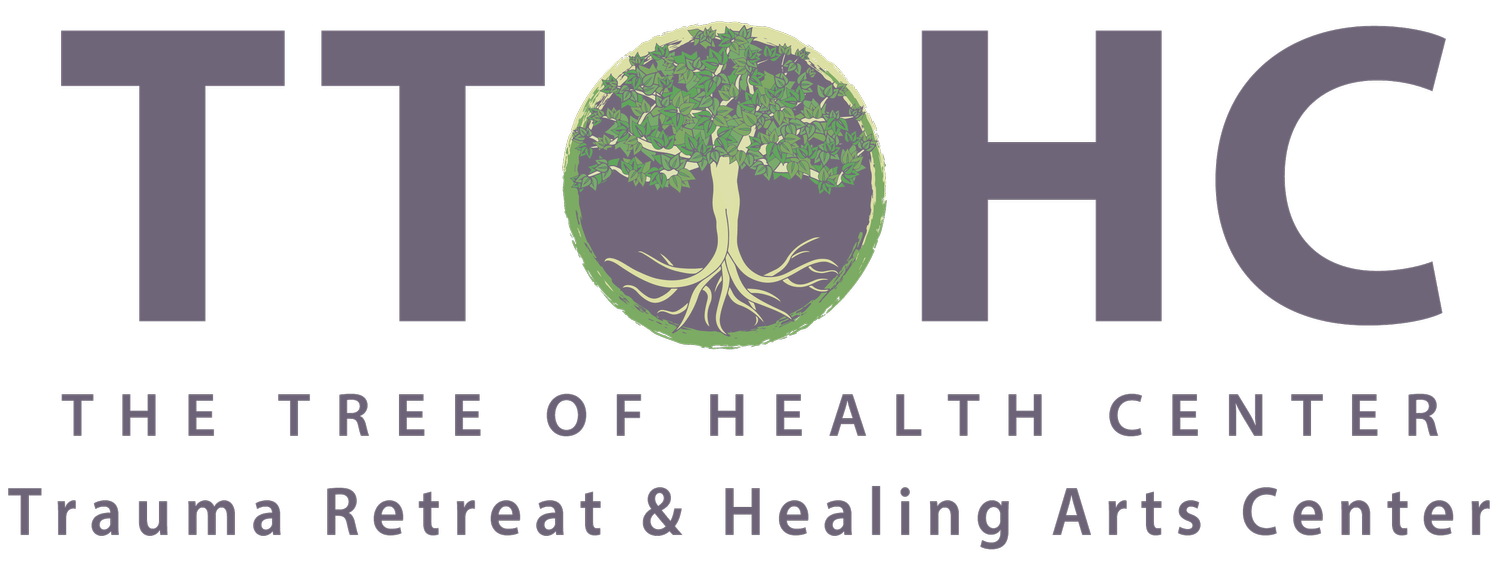Meditation: A Good Practice to Support Health and Wellness
Written by: Susan Cacciola RN BSN WCC : Integrative Nurse Life Coach
Meditation has been practiced by many civilizations, for thousands of years to maintain health and wellness. Many religions such as Buddhism, Hinduism, Judaism, Islam and Christianity have traditions using meditation.
Mindfulness practice was developed in Buddhism and has been a key component of the 2500-year-old system that leads to insight and overcoming suffering.
Meditation is a set of techniques leading to an altered state of consciousness characterized by a heightened state of awareness, and focused attention.
Stress precipitates the sympathetic nervous system “fight or flight” response. Unchecked, this response can become a “way of life” leading to maladaptive, self-destructive behaviors and poor health outcomes. The number of adults in the US practicing meditation in 2012 according to the NIH was 18 million people, approximately 8% of the US. (nccih.nih.gov/health/meditation). In recent years there has also been a tremendous increase in research.
Practicing meditation can impact mood and perceived stress and lower heart rate, blood pressure, respirations and cortisol levels. As a result, meditation can be useful to:
Relieve anxiety and depression and mange pain.
Assist individuals to tolerate intrusive treatments such as nocturnal oxygen [CPAP]
Decrease harmful health behaviors such as binge eating, smoking, and substance abuse.
Decrease risk for hypertension and cardiovascular disease.
Assist specific populations such as cancer survivors, adolescents or older adults.
Or be useful in specific settings such as schools, prisons or workplaces.
Transcendental meditation, yoga, qigong and prayer have been shown to induce a relaxation response, a state of physiological quiet, where blood pressure and metabolic rate match the physiological needs.*
John Kabat-Zinn, founder of the mindfulness-based stress reduction technique, demonstrated that mindful meditation could prevent the harmful cycle of the stress response. *
Two main types of meditation are:
Concentrative meditation:
Focusing attention on a specific object with the goal of experiencing whatever you are focusing on. For example, your breath, a mantra, or a candle.
Mindfulness meditation:
Including mindfulness-based stress reduction (MBSR) and mindfulness-based cognitive therapy (MBCT). Mindfulness targets issues, such as depression or anxiety. A mindfulness practice involves awareness in the present moment, with openness and acceptance of the situation.
Tips to help start a meditation practice:
Start with short sessions of 5- 10 minutes at a time and progressively increase it as you become more comfortable with the practice.
Choose a time of day and a place with the least distractions.
Assume a comfortable seated position, crossed legged or on a chair or cushion, where you can remain without getting restless, stiff or uncomfortable. It is okay if you do have to shift during the meditation. Try to make minor adjustments to keep the meditation fluid.
Explore different kinds of meditation and discover what appeals to you
Guided meditations
Mantras
Mindful meditations
Meditations using breathwork
Meditations using rhythm, such as drums or rattles
If your mind wanders, gently acknowledge the thought without judgement and refocus on the breath.
Some portable resources for Meditation include:
Headspace- instruction and guidance through mindful meditations
Breathe2Relax- instructions with diagrams, has adjustable timer and audio prompts
As your meditation practice develops, you will find, 5 minutes of “mini-meditations” can decrease stress and reground you to help you cope with your day.
*References:
Benson, H., & Klipper, M.Z. (2000).
The relaxation response-updated and expanded.
New York, NY: HarperCollins.
Kabat-Zinn, J. (1990). Full catastrophe living: Using the wisdom of your body and mind to face stress, pain and illness. New York, NY: Bantam Dell.
Susan Cacciola RN BSN WCC
Adult/Geriatric Case Manager, Integrative Nurse Life Coach


